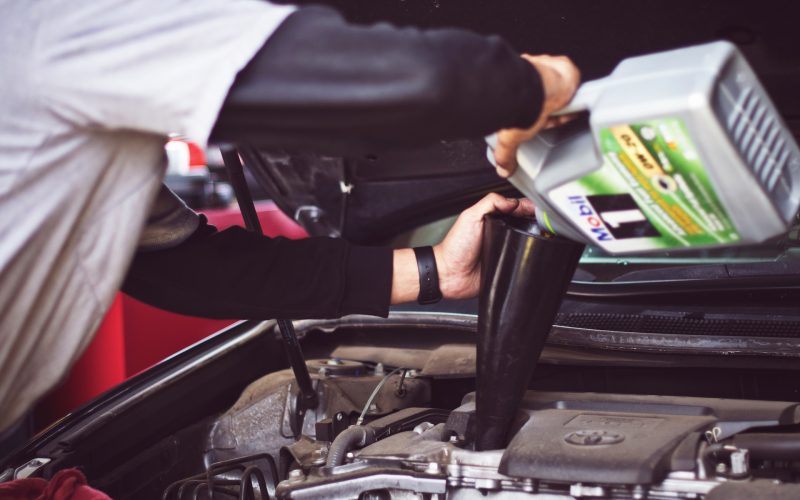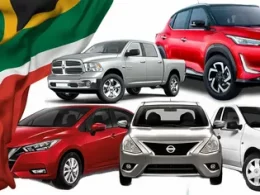The United Auto Workers (UAW) is one of the most powerful labor unions in the United States. With over 400,000 members, the UAW has the ability to sway elections and influence policy. In the upcoming US presidential election, the union’s support is still up for grabs, and both major party candidates are vying for the UAW’s endorsement.
The UAW has historically supported the Democratic Party, with its members often voting in favor of liberal policies and candidates. However, in recent years, the union has shifted its focus to issues related to the auto industry, such as trade and jobs. This has led some members to question the UAW’s political allegiances and whether the union is doing enough to represent their interests.
The 2020 presidential election presents a unique challenge for the UAW. On the one hand, Democratic candidate Joe Biden has a long history of supporting labor unions and has promised to strengthen labor laws if elected. On the other hand, Republican incumbent Donald Trump has championed policies aimed at boosting the auto industry, such as renegotiating trade deals and incentivizing domestic production.
Both candidates have made overtures to the UAW in an effort to win its support. Biden has held several virtual meetings with UAW leaders and has promised to prioritize workers’ rights and job protections. Trump, meanwhile, has touted his efforts to bring manufacturing jobs back to the US and has praised the UAW’s role in the auto industry.
Despite the candidates’ efforts, the UAW has yet to endorse either candidate. In a statement, UAW President Rory Gamble said the union would not make a decision until all members had the opportunity to weigh in. This decision reflects a broader shift within the UAW towards a more democratic and member-driven approach to decision-making.
The UAW’s decision not to endorse a candidate at this stage in the election is significant. The union’s endorsement could sway the votes of many of its members, particularly in key battleground states like Michigan, Ohio, and Pennsylvania. The UAW’s decision could also signal a broader shift in the role of labor unions in American politics, as unions become more democratic and member-driven.
Some analysts suggest that the UAW’s lack of endorsement reflects a broader shift in the US political landscape, as voters become increasingly disillusioned with traditional political parties and institutions. This shift has given rise to movements like the Tea Party and Occupy Wall Street, as well as the election of outsider candidates like Trump and Senator Bernie Sanders.
The UAW’s decision not to endorse a candidate may also reflect broader divisions within the labor movement. Some labor unions have endorsed Biden, while others have declined to endorse any candidate. This reflects a broader tension within the labor movement between the desire to support progressive candidates and policies, and the need to represent the interests of their members, who may be more conservative.
Despite these challenges, the UAW remains a powerful force in American politics. The union’s ability to mobilize its members and influence policy has made it a key player in the auto industry and in US politics more broadly. As the election approaches, the UAW’s decision on whether to endorse a candidate will be closely watched by both major party campaigns, as well as by labor unions and other interest groups across the country.












